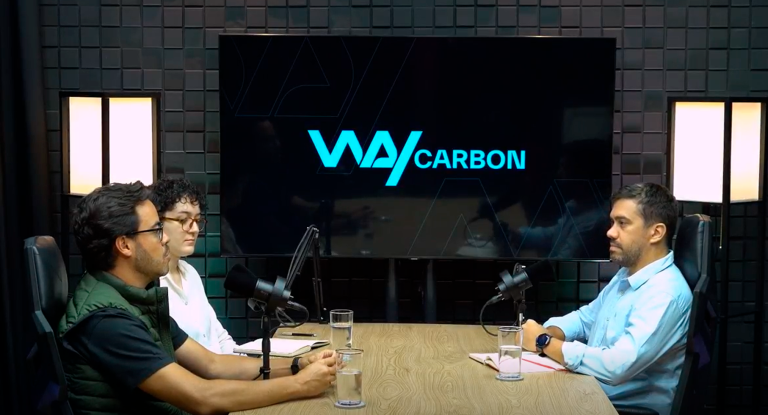In 5 points: why is IFRS a step forward in sustainability reporting?

In recent years, companies have faced various challenges in preparing and publishing performance reports on the ESG and climate agenda. In this context, there are different reporting models for different audiences that are constantly being updated.
As a result, a major challenge for companies is to choose the best way to disclose their activities, progress, and signal their efforts to achieve sustainability goals. Meanwhile, stakeholders, especially investors, face obstacles in comparing the results of these companies with the various standards published by each of them, which can lead to criticism and questions from the market or society.
To meet these demands, in June 2023 the ISSB (International Sustainability Standards Board) published the official version of the international sustainability disclosure standards for the financial market, IFRS S1 (General Requirements for Disclosure of Sustainability-related Financial Information) and IFRS S2 (Climate-related Disclosures). IFRS stands for International Financial Reporting Standards.
IFRS S1 contains reporting requirements for sustainability-related risks and opportunities in the short, medium, and long term. Meanwhile, IFRS S2 contains specific climate-related requirements and should be applied in conjunction with S1.
Why is the IFRS a step forward in the climate and ESG reporting agenda?
Through these reports, stakeholders can understand the business’s risks and opportunities arising from sustainability-related issues that may affect their cash flows. To do this, companies need to consider climate and socio-environmental issues in their strategy, as well as metrics, targets and governance to address these issues.
Here are five reasons why IFRS is a step forward in the sustainability and climate agenda:
- It leads the adoption of a single, comparable set of sustainability and climate indicators that can be incorporated globally by financial system regulators.
- It emphasizes transparency requirements with respect to corporate governance and strategy;
- It proposes a model of sustainability requirements with indicators that can be compared between companies in the same sector and others at a global level;
- It improves the knowledge and experience of companies in publishing annual sustainability reports, using frameworks such as the Sustainability Accounting Standards Board (SASB), while incorporating the recommendations of the TCFD, which broaden the approach to strategic management and governance of risks and opportunities;
- It combines and considers the financial impact on sustainability management performance, taking into account double materiality, which shows that risks and opportunities can be financially, environmentally and socially relevant for organizations.
Does your company need to understand how to adapt to this standard? Get in touch with us.
 EN
EN  ES
ES PT
PT





